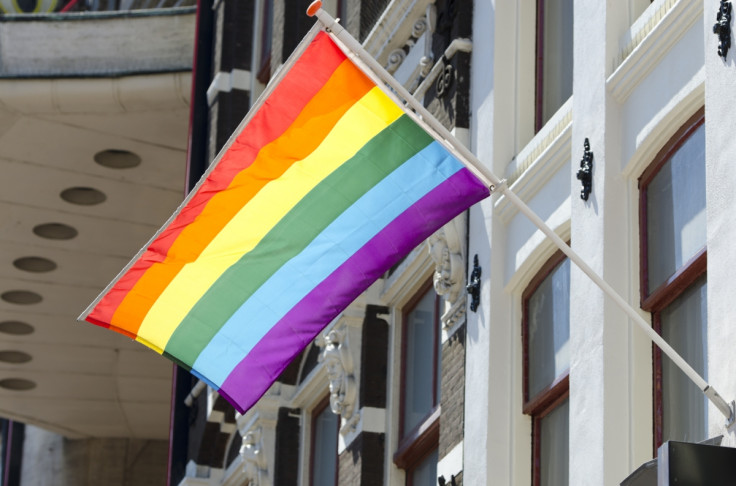IDAHOT 2016: What is the annual celebration of LGBT rights about?

Today marks IDAHOT – the International Day Against Homophobia, Transphobia and Biphobia, one of the most important dates to mobilise communities to protect LGBT rights on an international scale.
Marked annually on 17 May, with more than 1,000 events across 130 countries, IDAHOT is the largest solidarity event to end discrimination against LGBT communities. Of the 37 countries where the day is celebrated, same-sex acts are illegal.
Why 17 May?
The date was chosen to commemorate the World Health Organisation's decision to declassify homosexuality as a mental disorder in 1990. It removed homosexuality as a formal psychiatric diagnosis in 1992.
After a year-long campaign, the first International Day Against Homophobia was marked on 17 May 2005 by more than 20,000 people. Organisations including the International Lesbian and Gay Association, the World Congress of LGBT Jews and the Coalition of African Lesbians supported the day, among others.
Events were organised to celebrate the inaugural IDAHOT – including the first LGBT events in China and the socially conservative Bulgaria. In 2013, activists in Bangladesh held the Love Music Hate Homophobia music festival. Parades, marches and protests take place every year.
Transphobia was added to the title of the campaign in 2009, turning it from IDAHO to IDAHOT, in order to recognise discrimination and stigma against transgender people. Last year, biphobia was added to acknowledge issues of inequality faced by bisexual people.
Since the day was launched, it has received support from countries around the world, as well as institutions including the United Nations and the European Parliament. While marked on a specific day, IDAHOT is aimed at encouraging people to take action to protect and enshrine LGBT rights and galvanise support to end inequality based on sexuality or gender in the long-term.
At least 75 countries criminalise same-sex relationships and same-sex conduct, according to a report released by Human Rights Campaign ahead of this year's IDAHOT. In up to ten countries, it is punishable by death. Progress is underway to end discrimination and inequality, however. This month, the Philippines elected the country's first transgender Congress politician, in a milestone for LGBT rights.
What is the theme for this year's IDAHOT?
Mental health is the theme for this year's campaign, highlighting issues such as "gay conversion therapies" and the detrimental impact the practice of trying to "cure" people of homosexuality have on individuals and their health. Although there is a growing consensus against this approach, it remains a challenge –and is practiced around the world, including the United States.
IDAHOT organisers also highlight the issues transgender people face when transitioning: "A mental health diagnosis like "Gender identity disorder" (GID) is mandatory in almost all countries for any trans person wishing to transition.
"While some form of diagnosis remains necessary to access health care as desired by trans people, to keep this diagnosis within the mental health categories contributes to the stigmatisation and social exclusion of trans people, without contributing to their physical or mental well-being."
© Copyright IBTimes 2025. All rights reserved.





















